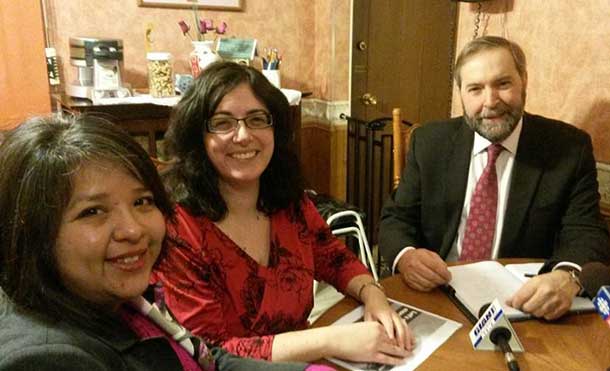
WINNIPEG – EDUCATION – Manitoba grade eight students scored below the Canadian average of 500 in science, math and reading in the latest report from the Pan-Canadian Assessment Program (PCAP).
All three subjects were scored out of 1,000 possible points.
On average, Manitoba grade eight students scored 465 out of a possible 1,000 on science,469 points out of 1,000 in reading, compared with Canada’s average of 508, and finally, 36 points below the Canadian average in math: 471 out of 1,000 compared with the average of 507.
While it may be easy to point fingers at educators and call for changes in the education system — and ask why changes that have been implemented over the last several years have not been effective – our research at the Manitoba Centre for Health Policy (MCHP) suggests that we have to look beyond educators if we want to find out why Manitoba scores are at the bottom, and to improve the performance of Manitoba students and, ultimately, improve the life chances of our children and youth.
Not all Manitoba students performed at the same level on the PCAP assessments, however. In fact, 86 per cent of the Manitoba students who wrote the test performed at the expected level or higher in science. So can we blame educators for the 14 per cent of Manitoba students who are scoring below expectations?
Our own research demonstrates that the marked differences in school achievement among Manitoba students tend to be related to factors beyond education – such as poverty and family dysfunction, which affect the environment in which children are raised.
For one well established marker of school success – high school completion – the rates in Manitoba have improved significantly over the last several years; but for certain groups of kids, the rates of high school completion – which were lower to begin with – have not improved. These kids tend to come from families facing social and economic challenges, particularly poverty.
Manitoba consistently has one of the highest rates of child poverty in the country. Our research suggests that even when things like prenatal health (e.g., smoking during pregnancy), health at birth (e.g., premature birth), and health during preschool are considered – that is, things we know contribute to how well kids do in school – they play a relatively minor role in school achievement when compared to the impact of poverty. Another MCHP study suggests that income inequality among Manitoba families has increased over the past 25 years, which means more Manitoba children and their families are disadvantaged compared to their peers than in years past.
In other words, while strategies that focus on enhanced teacher training and fundamental skills could have an impact on some students’ performance, the road to higher PCAP scores lies not necessarily in the classroom but in improving living conditions for poor children and their families.
Although reducing socioeconomic disparities sounds like a daunting task, there is encouraging evidence that programs which accomplish this are effective. Recent work published by MCHP researchers shows that youths who live in social housing that is located in more affluent areas do better in school than youths living in social housing in poorer areas of Winnipeg. An experiment in Dauphin, Manitoba also found positive health and educational benefits associated with a guaranteed annual income – including increased high school completion rates.
So let’s use Manitoba’s scores on PCAP to prompt us into doing something that will actually improve things for kids: higher incomes for the bottom 20 per cent, more social housing outside the core, and more support for parents and families who need it.
And let’s thank and reward those teachers who face the challenges of the inner city schools, rather than condemning them.
Marni Brownell
Marni Brownell an expert advisor with EvidenceNetwork.ca, a Senior Research Scientist with the Manitoba Centre for Health Policy (MCHP) and Associate Professor in the Department of Community Health Sciences, Faculty of Medicine, University of Manitoba. Nathan Nickel is a Research Scientist with the MCHP and Assistant Professor in the Department of Community Health Sciences, Faculty of Medicine at the University of Manitoba.
Troy Media





